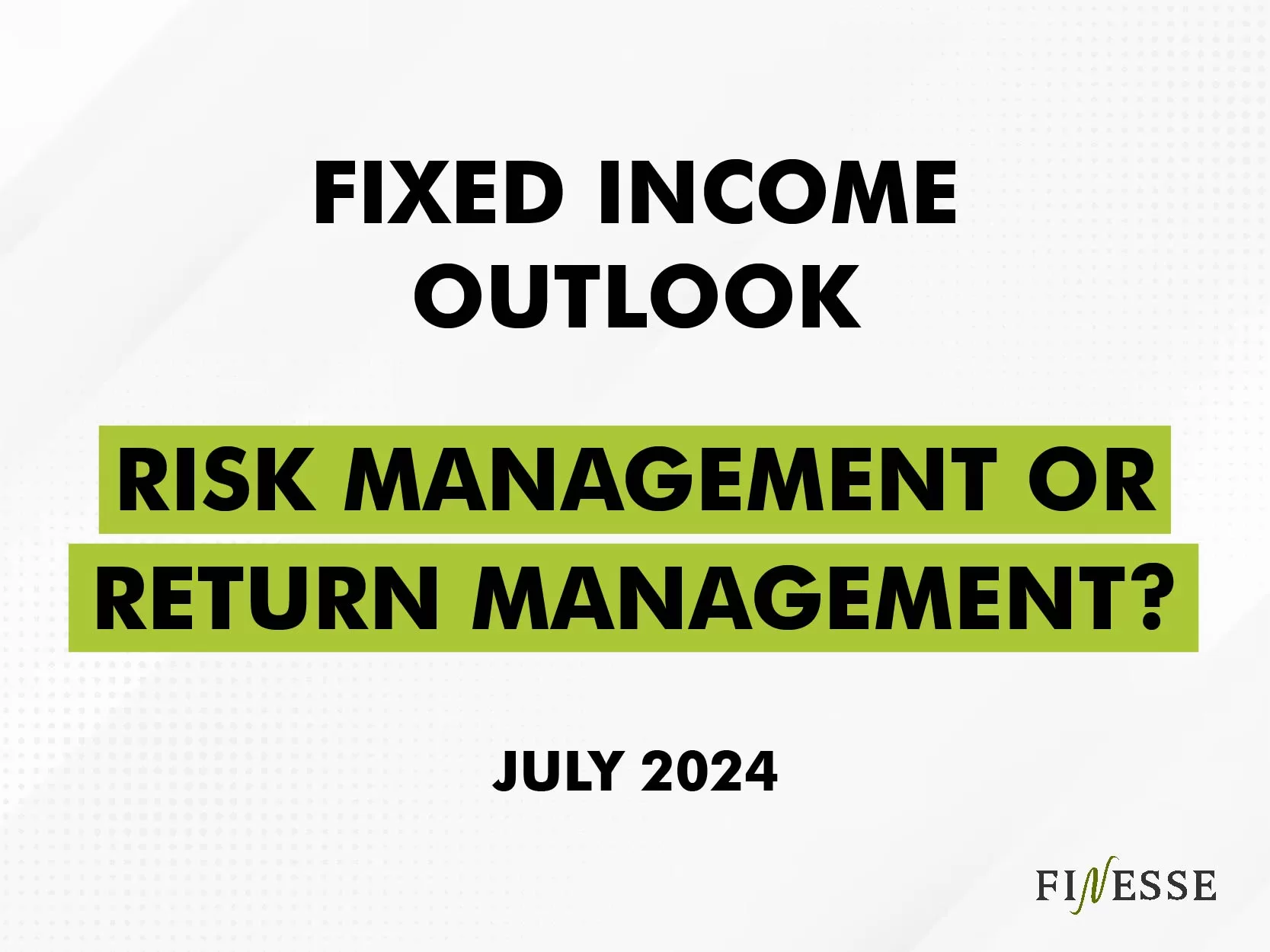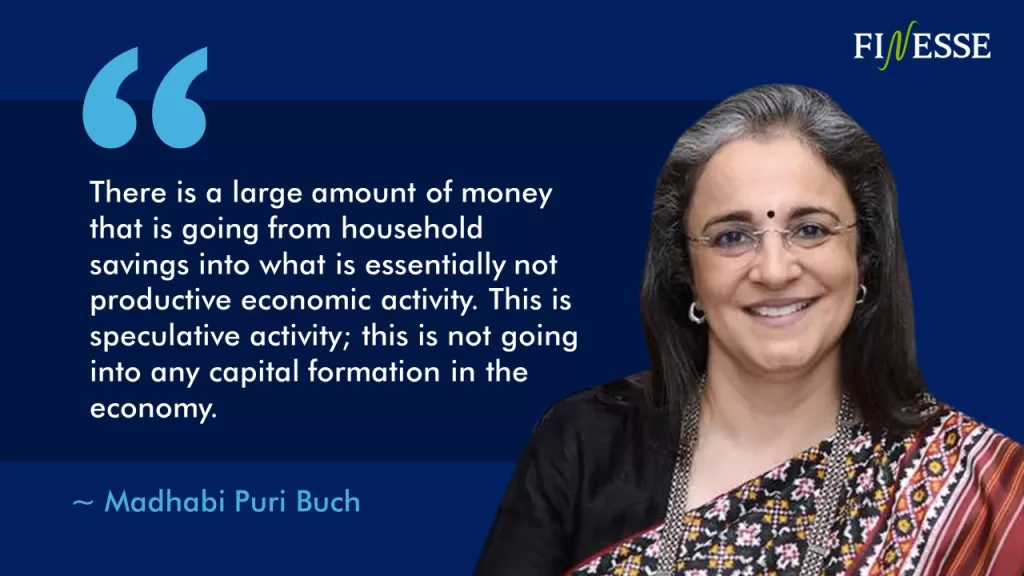

Risk Management or Return Management?
Investor focus has shifted from risk management to return management. Everybody is obsessed with how well they have done rather than how well they could do. An investor who thinks 8% is too little surely cannot bear -5% return. And those who compounded at 25% to 30% in the last few years have forgotten what average returns look like.
Equity seems to be checking all the right boxes. Michael Porter once said, “Risk is a function of how poorly a strategy will perform if the wrong scenario occurs.” Today’s equity investors are underprepared for the wrong scenario. Equity will do as it wishes – there will be ups, downs, cycles, and mean reversion. How much mental and financial preparation has the new generation of equity investors put in? Equities will have a phase of negative returns. Few investors are thinking about when or why this will happen. Even fewer investors are thinking about how they can protect themselves.
Return Management
The three driving forces for this shift in investor preferences are sustained performance from equities, free investment platforms, and less favourable debt taxation. The regulator is cracking down hard on platforms and is keeping a close eye on F&O activity. Despite 90% of retail investors losing money in the F&O segment, volumes have only risen. The spirit of speculation is in the air and the energy may shift to other avenues. The party won’t stop until the bubble bursts. That may only happen when either regulators or investors tire of it.

Risk Management
The smart money has already moved towards safety. Consider FIIs, who’ve consistently trimmed their equity allocation to buy Indian government securities. India’s inclusion in the JP Morgan Index will bring inflows of $20-25 Billion in this financial year. Even promoters are selling equity stakes to raise liquidity to capitalize on current valuations.
Investment Strategy:
There is merit in quiet compounding. Short-term yields are quite attractive. Long-term yields have seen a fair amount of rally already and would warrant a more selective investment approach. Inflation numbers, budget announcements, and oil prices could influence bond market volatility.